Endometriosis and IVF: Everything You Need to Know
It’s National Endometriosis and Adenomyosis Awareness Month, so we should take a moment to consider these conditions and how they are often overlooked.
The common presentation for either condition usually includes very painful menstrual cycles, but you can still have this condition without those indicators. Many women are never diagnosed until they have difficulty conceiving. “Silent” endometriosis, or a mild form, is usually just accepted as normal menstrual pain and medicated or tolerated.
What then, is endometriosis?
Endometriosis is a medical condition in which the tissue that normally lines the inside of the uterus grows outside of it. It can be found on other pelvic organs, such as the ovaries, fallopian tubes, or the outer surface of the uterus, and other parts of the pelvis.
This condition can cause pain, heavy periods, and fertility issues.
Adenomyosis, on the other hand, is a condition where the endometrial lining of the uterus invades the muscular layer of the uterus, resulting in a breakdown of the uterine integrity. Thickening, swelling, and flaccidity are side effects, in addition to pain and heavy bleeding.
Some women have both conditions.
I have seen many women over the years have mild conditions that are most often just annoying and only affect them a few days a month. However, some women have more intense presentations where they suffer multiple times per month, usually around hormonal fluctuations.
Unfortunately, the gold standard for this diagnosis involves a pelvic surgery called a laparoscopy. As of yet, visual evidence of the illness is the only diagnostic confirmation tool. There are emerging non-invasive technologies that will improve diagnostic rates, allowing more women to be screened when their symptoms are mild, without having to proceed to surgery.
Additionally, the surgeon might also perform an excision or cauterization to remove the endometrial lesions. This can reduce symptoms and pain associated, and possibly enhance fertility.
However, the condition can return over time, especially when not controlled by diet and lifestyle.
Here are a few scenarios when I recommend follow-up with a GYN to consider testing for endometriosis:
1. Pain with intercourse.
This is a classic symptom of endometriosis, so even without menstrual pain, you might consider talking with your GYN.
2. Lumbar, sacral, or sciatic-type pain around your period.
Less common but still a significant problem for many women with an atypical presentation.
3. Disproportionately low AMH or ovarian reserve for your age.
Many women who have never had menstrual pain, or have mild pain, find themselves having difficulty conceiving. Upon diagnostic tests, they discover their “ovarian reserve,” (how many follicles/eggs are available) is much lower than it should be for their age. This can be the result of many things, but endometriosis is a common driver of this process.
4. Repeated IVF implantation failure.
When repeated cycles of embryo transfer, especially known as genetically normal embryos, result in a failure to become pregnant, or a pregnancy that only lasts a few days, inflammation from endometriosis may be contributing to the problem.
5. Dysfunctional or painful urinary or bowel habits around your period.
Because the endometrial lesions can implant on all the surrounding tissues, it can cause inflammation and pain in the bladder and bowels. During hormonal changes or menstrual bleeding, the lesions also react and trigger painful elimination.
There are more medical interventions available today, although surgery is still necessary for many women. Most of the medications to inhibit endometriosis also have side effects and frequently cause an induced menopause that makes women feel very uncomfortable while on them.
Lifestyle factors, especially diet, can be very helpful in reducing inflammation and pain from endometriosis and possibly adenomyosis.
Although diets vary, the consensus is that a diet that’s high in healthy fats and numerous brightly colored vegetables improves the condition. Refined sugars and grains are especially problematic and should be avoided or eliminated as much as possible.
The addition of omega-3 fatty acids, from wild-caught salmon, flax seeds, and other nuts and seeds, seems to be especially helpful, reducing pain for many women.
Moderate exercise is also important. Overexercising can cause, problems and a sedentary lifestyle does, too, So take the middle path.
Although these conditions don’t necessarily go away until the onset of menopause, or surgical removal, they can be managed with care. There are more options and education than ever, so ask your GYN about your issues, even if you don’t fit the classic scenario.

